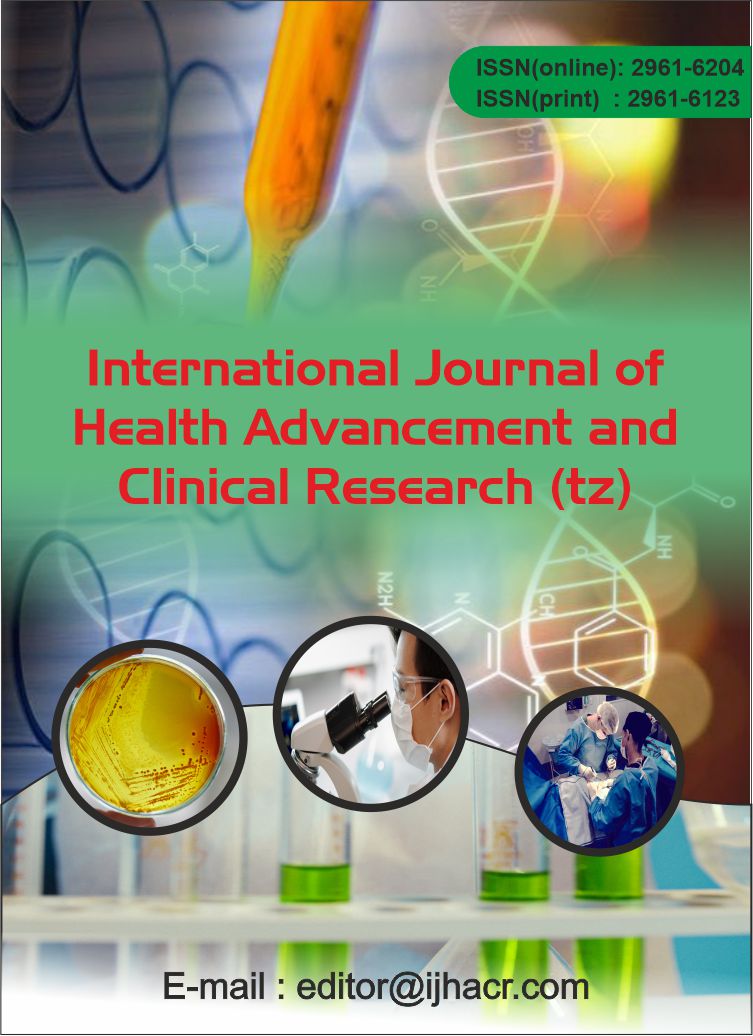Pharmacists clinical intervention on medication error in a Hospital
Keywords:
Reconciliation medication errors, demographic study, prescription mistakes.Abstract
Worldwide, medication errors are prevalent and may have severe repercussions such as therapeutic failure, adverse drug reactions, prolonged hospital stays, resource wastage, and even death. This research aims to investigate medication reconciliation errors at a tertiary care teaching hospital in India to find out how often they are, what kind of mistakes are made, and what causes them. The study was carried out in teaching hospital. Pharmacists’ clinical intervention was also done in this study. Our study's demographic records revealed that a total of 1,349 patients were examined for medication errors; of them, 26.91 percent were female and 73.1 percent were male. In addition, we found that the 40–60 age bracket had the highest rate of prescription mistakes. This is because a disproportionately large proportion of patients (35.98%) who sought medical attention at the hospital were within the 40-60 age bracket during the research period. Pharmacists recorded 1,742 interventions in total. Medication mistakes totaling 1,349 were prevented from reaching patients. Out of all the treatments, medication mistakes made up 77.44% (1,349 /1,742). The rate of errors per episode was 0.01 in the critical care unit, which was the lowest. On average, there were 0.13 mistakes for every episode of ward care. Healthcare providers should priorities the deployment of chemists to provide discharge education directly to patients, ideally at their bedside. Randomized controlled trials using rigorous clinical & process outcome evaluation should be a standard component of future research.





